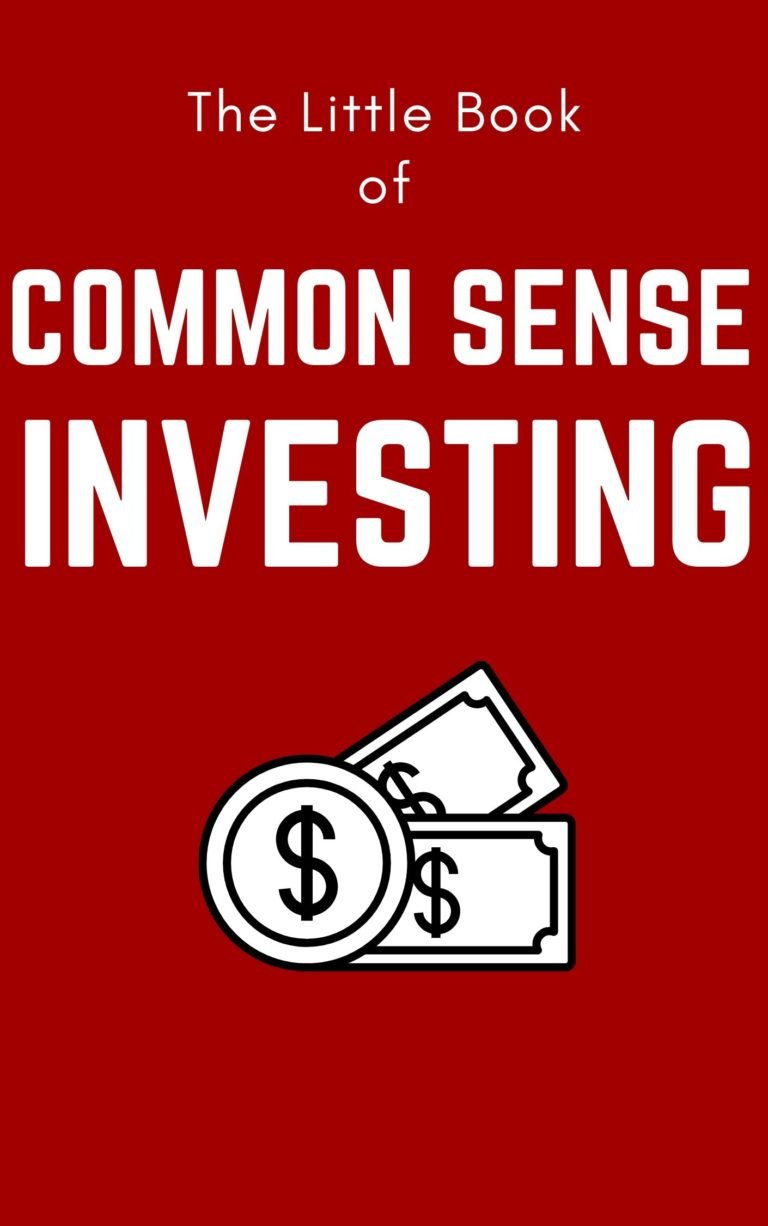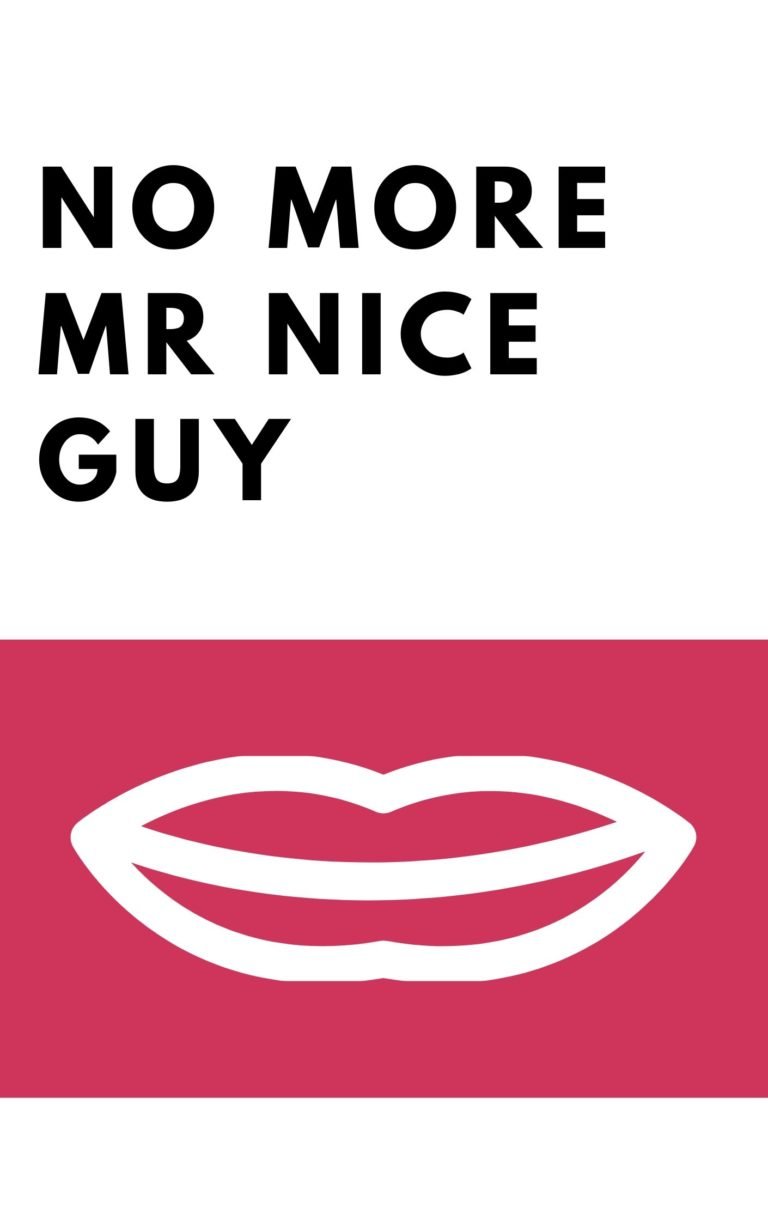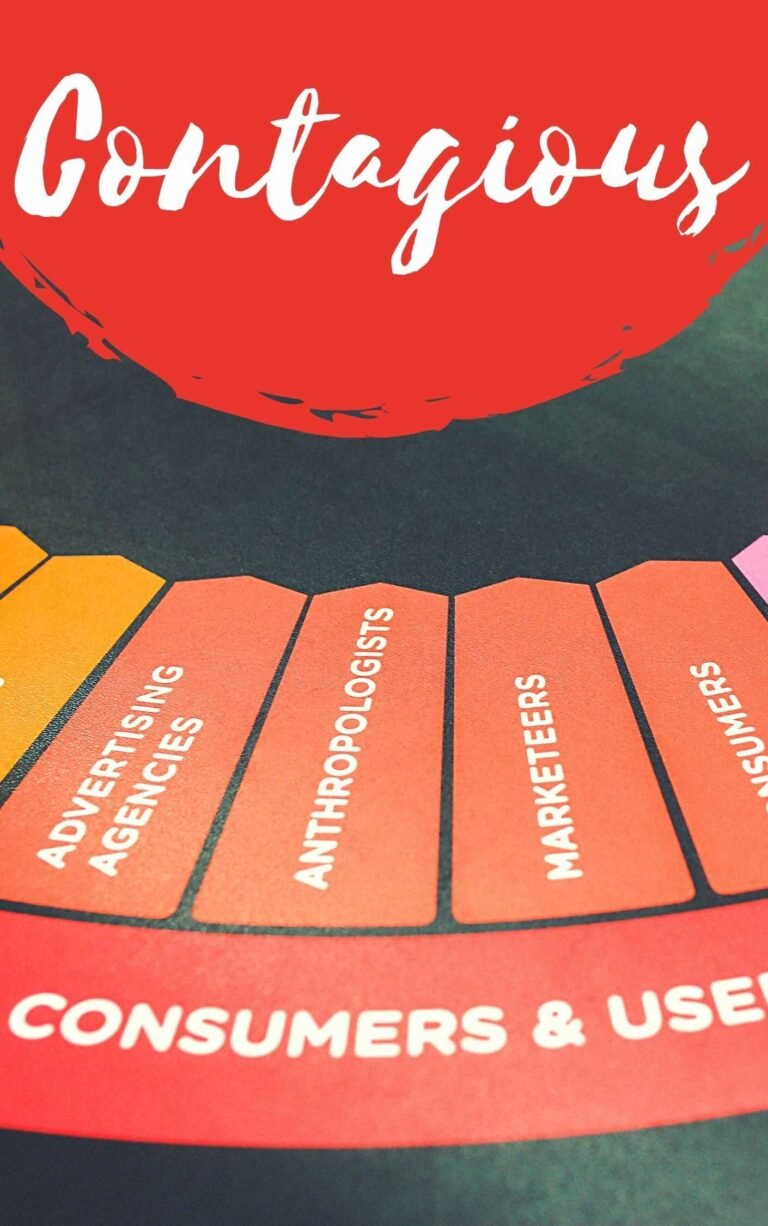Lose the Resume, Land the Job
Gary D. Burnison
Rating: 7.4
“Lose the Résumé – breaks down every aspect of job hunting, explaining what matters and what doesn’t.”
-The New York Times Book Review
Contents
Surviving the Initial Job Screening
Corporate hiring officers discard most unsolicited résumés. Firms investigate candidates with rigorous background checks, testing, monitoring online social profiles, and more. Companies weed out clock-punchers as they seek special candidates who fit their culture and have passion for their work. Initial job screenings eliminate 98% of job seekers because bad hires cost companies time and money. “The cost of replacing a manager six to 12 months after he or she is hired is equal to 2.3 times that person’s annual salary.”
Self-Awareness
To assess your passion for your job, think about how you “ACT.” The acronym stands for being “authentic,” making a “connection,” and giving “people a ‘taste’ of who you are, what you do and the contributions you can make.” Employees without passion check out. They’ve had the same office for years, but they don’t know their colleagues next door. Lunch hours stretch 90 minutes. They don’t participate in meetings or videoconferencing calls. They use email to postpone events and decisions. They haven’t been promoted for five years or more, and they’re too lazy or stuck to look for another job. Before you go on the hunt, know yourself. What do you want?
“Your résumé should concisely and compellingly illustrate one major message point: This is how I made things better for my employer while I was there.”
“Start-up Zach” had moved smoothly up the corporate ladder in large financial institutions, but his neighbor, Jen, kept talking about how much she loved her job at a start-up. Despite thriving in his structured corporations, Zach became convinced he could excel in a flat structure like Jen’s start-up. On the first day, he didn’t fit in. He liked the flextime and free food, but struggled with his job’s ambiguity. After less than three months, the company let him go. Zach went back to financial services, reentering at a lower position. Having gained hard-won self-knowledge, he was now much more aware of his inner drives.
“Be honest and transparent about who you are, your background, your current job and responsibilities, and your current compensation. Never lie or exaggerate.”
Many people overestimate their strengths and underestimate their weaknesses. They dislike self-assessments or HR profiles. Strong job candidates can adapt; they accept risks and challenges. They “claim” their strengths and weaknesses, know their goals and can present themselves well.
Four Dimensions of Leadership and Talent
The executive recruiting firm Korn Ferry has performed millions of its Four Dimensions of Leadership and Talent (KF4D) executive assessments. The test covers four crucial areas:
Traits
This includes your personality characteristics and intellectual capacity. Traits are natural abilities, which can change over time. Though employers’ desires vary by industry, they seek certain universals traits. They want engaging, inspiring people who can influence others, execute, manage ambiguity and exercise strategic vision.
Drivers
Your drivers may be specific or broad. Ask yourself, “What drives you? What preferences, values and motivations influence your career choices?” Your identity and immediate circumstances shape your drivers and also shift over time.
Competencies
This covers having the skills and behaviors to perform a job. In addition to functional and technical skills, competencies include less-concrete factors such as your need for balance, challenge, collaboration, independence, power or structure. Employers are looking for candidates with “people” skills, such as developing talent, inspiring followers, managing conflict, and more.
Experiences
What have you done? What assignments or roles have you fulfilled?
Lifelong Learners
Most learning occurs in the real world. Approximately 70% of learning comes from development opportunities such as “stretch assignments,” while 20% comes from other people – especially your boss – and 10% comes from training and courses. While making money matters, don’t accept a new job just for the salary. Consider your professional development. Lifelong learners are curious, take risks and try different studying tactics. They measure their learning objectively.
Targeting the Right Job
Before most people buy a car, they do some research and test-drive various models. But people seek a job with no idea of where they want to work or what corporate culture suits them. When you look for a job, consider geography, the type of company, and your role and responsibilities.
“The best time to find a new job is when you have a job.”
Many candidates say they’ll “work anywhere,” until they won’t. Mary, a Denver executive, went to Los Angeles to interview for her dream job. She told the recruiter and the interviewers how much she loved California, but she dragged her feet once she got the offer. She hadn’t told her partner that the new job was in LA; he didn’t want to move. Months later, she was still in Denver, but separated from her partner. Be clear about other people you must incorporate in your plans and about your geographic limits. Check living costs, housing, schools, commute times, and more.
“The often-quoted statistic is that people form an impression about others within seven seconds. But it may be even shorter than that.”
When you’re planning your next career move, develop goals and a time frame. Be specific about what you want. Ask for feedback to check on your skills. For example, after you make a presentation, ask a colleague if you were engaging. When you have enough information, make a plan. Seek stretch assignments. Read, study and practice. Track your progress.
“To be skilled at anything requires some knowledge and know-how. But more than that, you must possess the ability to adjust, adapt and respond.”
Develop a company “wish list.” Do you want to work at a small, medium or large company? Describe your ideal corporate environment. Consider dress codes, flexible time arrangements, the office environment, work hours, the frequency of business travel and whether a company will motivate you. Getting a new job can take longer than you expect. Deal with the stress by staying positive and using practices that help you stay calm, like exercising, deep breathing or meditation.
Networking
In order to build and nurture business relationships and career-building ties, heed the following tips:
- Help someone looking for a job by brainstorming ideas or offering introductions.
- Connect friends who share similar interests personally or professionally.
- Help your friends’ children who recently graduated college.
- If you excel at social media, offer to set up websites or social media accounts.
- Reach out to bloggers or friends on social media. If you blog, interview relevant experts.
- Congratulate friends on their achievements and professional accomplishments.
- Invite colleagues and friends to professional or cultural events. Suggest new restaurants, books, art galleries, or the like. Volunteer for a charity or community event.
- “Networking poorly is worse than not networking at all.”
Your Résumé
Your résumé is part of a larger package that includes your social media presence. Recruiters and hiring managers spend only seconds looking at your résumé, so make it count. Each person who looks at it will read it differently. Some focus on key words; others seek specific experiences or accomplishments, including indications of increasing levels of responsibility. Your résumé is a way to tell your story and market yourself. Follow these simple rules for making it effective:
- Don’t lie or inflate the truth.
- Explain any time gaps.
- Use ample white space, bullet points and action verbs. Balance font size and features. No particular résumé format, font, layout or key words will automatically get an interview.
- Tell your story. Show off your “brand.” The story your résumé tells matters more than its format and attractiveness.
- Unless you’re in a creative profession, avoid nonstandard formats or gimmicks.
- Hire a professional to critique your résumé.
- Avoid overused buzzwords such as “innovative,” “team player” or “self-starter.”
- Be prepared to provide references from people who can comment knowledgeably on the quality of your work.
“Midway through the interview, the hiring manager asks, ‘What questions can I answer for you?’ Replying, ‘I’m good, thanks’ as if someone had offered to refill your iced tea, shows a lack of preparedness and engagement.”
The résumés of midlevel and experienced professionals should have a professional summary section. Entry-level professionals and recent college graduates don’t yet have enough experience. The professional summary should include key words that describe your experiences and technical skills. Don’t list an “objective.” In the middle, list your experience and accomplishments in reverse chronological order. Include every job. Save the most space for your current job, which should reflect about 75% of your professional experience. Use bullet points to tell three stories. Each story should describe a challenge, the action you took to meet it and your final results.
Your Online Presence
Clean up your social media profile. Companies reject job candidates because of inappropriate content or photos, such as those involving alcohol or drug abuse or offensive commentary. Employers search online social media profiles. Watch how frequently you post. Excessive social media engagement tells employers you’re not that busy; sparse content signals passivity. And be careful; “there’s no ‘delete’ or ‘I’m sorry’ button…you can tweet yourself out of a job.”
“The workplace world is always smaller than you think.”
Job candidates must have a professional LinkedIn profile. The site has 500 million members in 200-plus countries and 24 languages. Your profile should include a relatively recent photo in which you are smiling and dressed and groomed professionally. Use your official title or a short description of what you do. Summarize your relevant experience by cutting and pasting from your résumé. Keep your LinkedIn profile updated, including your photo and experience. Build up your brand with endorsements and recommendations.
The “Deadly Sins of Interviewing”
The first and worst sin is lying, exaggerating or inflating the truth. Don’t tell the hiring manager you’re still at your job if you’ve been fired. Lying is stupid, because the employer will fact check everything you say. The second sin is dressing inappropriately for your new position. Avoid anything too revealing. Ask if the dress code is professional, business casual or casual. Select your interview outfit a week in advance. Try it on to make sure everything fits, find the appropriate accessories at least three days before and spot-check it on the day of your interview.
“Someone shown the door could be the person who can let you in someday.”
Don’t buy food or drinks you might spill on your clothes. Don’t be late or fail to prepare. If your interview is in another city, drive or fly in the night before. Account for traffic. Research the company. Know its products, services, corporate philosophy, executive profiles, and more. If the job came through a recruiter or HR manager, ask who will be interviewing you. Find out the names and titles of your interviewers, and research them. Find commonalities to discuss.
“The biggest misconception is that networking is about you. It’s the opposite. It’s about the other person.”
Failing to discuss your accomplishments in detail is another interviewing sin, but don’t talk too much or too little. Ask questions. Don’t appear desperate, keep your phone turned off, and don’t eat or drink during the interview. Another deadly interview sin is not being prepared for being interviewed via videoconferencing or Skype. Make sure your passwords are set up, confirm that your equipment works, and dress properly. One candidate looked great on screen in his Brooks Brothers jacket until he got up from his chair to answer the door and revealed his boxers.
“Experiences transcend job titles. Whether someone is a front-line manager or a senior vice president is less relevant than what he or she has accomplished.”
An interview should be a back-and-forth conversation, not an interrogation. In the beginning, you and your interviewer will establish a rapport. In the middle, you’ll answer and ask questions; toward the end, the interviewer will start winding down. Reiterate your enthusiasm for the job and leave. If the company is considering you seriously, someone will call you for additional interviews within a week or so. Staying fresh and enthusiastic for each interview at the same company is difficult, but treat each interview as your first.
“The bottom line is pretty simple: Your career path is of your own making.”
If you receive a job offer, congratulations! Don’t negotiate salary or benefits before you have a formal, written offer. You may be able to increase your salary or negotiate additional benefits such as vacation leave or flexible working arrangements. Some companies pay more up front; others offer lower salaries with incentive bonuses. Always think about your next job when you start a new one. Make a positive first impression, keep learning and networking, avoid gossip and work hard. Become indispensable, especially to your supervisor, and leave on good terms.







O Relógio sobre Madeira Bobo Bird Light emitting diode é um produto
especial, desenvolvido para os indivíduos que valorizam acessórios distintas e únicos.